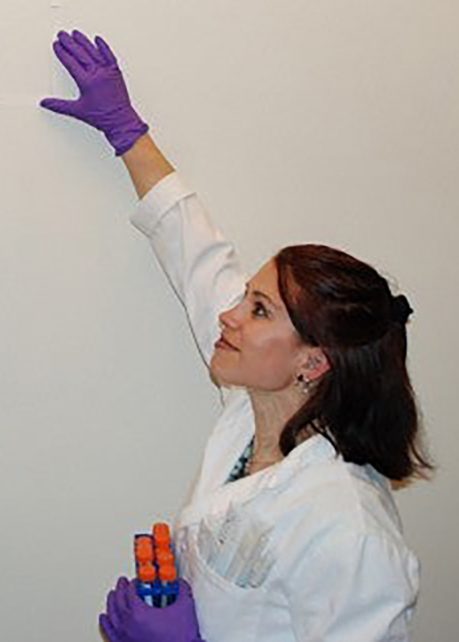On-Demand
Earn CEUs: $30 Add to Cart
Select this option if you would like to earn CEUs from this webinar. This may involve a quiz at the end of the webinar. You will not be allowed to fast-forward.
Webinar Only: $25 Add to Cart
Select this option if you would like to watch the webinar and not obtain CEUs.
Webinar Description:
Accumulating research has improved our understanding of soil microbial life and how it affects the growth, health, and survival of edible and ornamental plants. We have also begun to learn how exposure to environmental microbes from soil, plants, water, and animals can affect human health in both positive and negative ways. For example, increasing incidence of inflammatory diseases has been correlated with Western and urbanized lifestyles, which tend to have decreased access to outdoor nature, especially in lower income and marginalized communities.
However, since humans evolved for millennia in the presence of environmental microbes associated with living vegetation, soil, and water, our immune systems are not only adapted to coexist with the majority of these microbes, but may even require that interaction to function properly.
In this webinar, Dr. Mhuireach will introduce the body of research investigating human exposure to environmental microbes and their potential health effects. As a single gram of soil can contain billions of microbes, some of which may have immune-promoting qualities, integrating healthy living soil into urban built environments could provide large-scale public health benefits. Prioritizing equitable and accessible green spaces in urban neighborhoods could augment urban-dwellers' interaction with soils and their microbiota, thereby fostering healthy immune development.

Learning Objectives:
1. Learn scientific principles connecting environmental (micro)biodiversity and human health.
2. Understand relationships between human and ecological health based on new knowledge about the importance of microbiomes.
3. Explore the role landscape architecture can play in keeping people healthy by designing for biodiversity.

Gwynne Mhuireach
Dr. Gwynne Mhuireach is a third-generation Oregon farmer, as well as a Research Assistant Professor at University of Oregon where she teaches courses in Architecture and Landscape Architecture. Dr. Mhuireach's research focuses on microbial communities associated with plants and soil in urban environments. Ultimately, she hopes to develop strategies that urban planners and designers can use to improve the design and management of future cities where the majority of global human populations will live.

